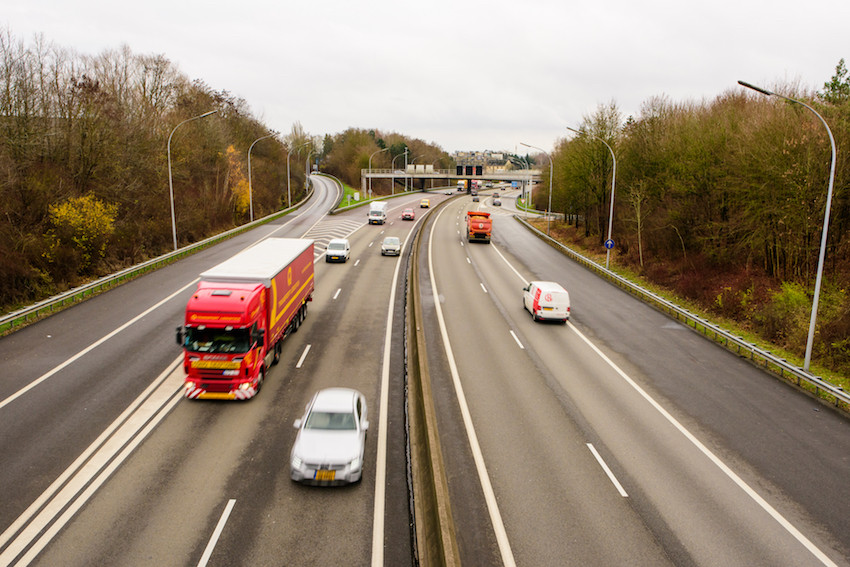If you own a car here, you will probably need to visit this or one of the country’s other MOT-authorised stations at some point or another.
Here is a quick guide to the vehicle safety inspection (contrôle technique) process in Luxembourg.
What vehicles need to pass a roadworthiness test?
All automobiles, motorcycles and trailers registered in the grand duchy need to be checked “by one of the approved technical inspection bodies in Luxembourg” every few years, according to the government informational portal My Guichet. Vehicles may need to pass an additional inspection after repairs, following an accident or if the police observe a technical malfunction. (Please note: commercial vehicles are subject to different standards than the regime described in this article.)
What do they check?
Inspectors verify vehicle identification, engine emissions, brakes, lights, electronics, axles, wheels, tyres, suspension, the chassis, steering and visibility. They will also examine registration, insurance and tax certificates, which all need to be current.
When do vehicles need to be inspected?
Automobiles and motorcycles need to be checked 4 years after they first hit the road, then 2 years later (that is to say, 6 years after the vehicle first entered service) and then annually.
Trailers and vans need to be inspected annually.
Owners can take their vehicle for the check 8 weeks before the expiration of the current technical inspection certificate.
Where can I go for a vehicle safety inspection?
The National Vehicle Testing Centre (SNCT) has three locations:
- MOT Centre Wilwerwiltz: 1 route de Pintsch, L-9776 Wilwerwiltz, +352 26 15 62-222 or book online. Note: this testing site will relocate from Wilwerwiltz to the Nordstrooss Shopping Mile shopping centre in Marnach in the coming months; the exact move date had not been confirmed at the time of publication.
- MOT Centre Sandweiler: 1 rue de Luxembourg, L-5230 Sandweiler, +352 26 15 62-222 or book online.
- MOT Centre Esch-sur-Alzette: 22-28 rue Jos Kieffer, L-4176 Esch-sur-Alzette, +352 26 15 62-222 or book online.
Dekra, a private outfit, has one location in Luxembourg:
- Centre de contrôle technique: 4 rue du Puits Romain, Z.A.I. Bourmicht, L-8070 Bertrange, +352 27 40 07 91 or book online.
How much does it cost?
For initial tests, SNCT centres charge €53.50 for a petrol or hybrid powered car or van, €47 for an electric vehicle, €40 for a motorcycle and €35 for a trailer (less than 3,500kg). Rates are lower for retesting after repairs.
For initial tests, Dekra charges €61 for a car or van, €41 for a motorcycle and €36 for a trailer (less than 3,500kg). Rates are lower for retesting after repairs.
